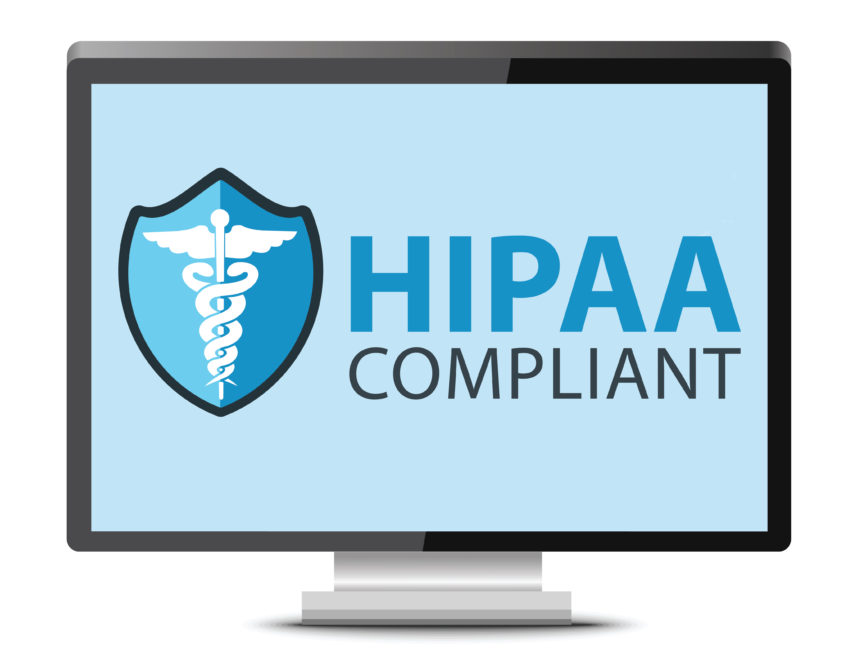Part 2 of a 3 part series… Types of life insurance Life insurance is one of the most common employer-provided benefits, and is divided into two categories: term and permanent. Term life insurance has a specified coverage period (term), but can usually be renewed or converted into a permanent policy at the end of a term. Premiums are generally affordable initially, but can increase substantially when renewed. Permanent life insurance is life-long coverage that generally also includes a cash value savings component. There are many types of permanent life insurance, including whole, universal and variable. This type of coverage has higher premiums, but offers more long-term value. Employer-sponsored coverage Employer-sponsored coverage can be offered in a variety of ways. Employers …
1 – Offering Life Insurance Benefits: The Basics
Part 1 of a 3-part series… Though life insurance is an important asset for future financial security, many employees don’t realize its importance. Teaching employees about the value of life insurance may increase loyalty to the company as they better appreciate this benefit. Factors to consider When deciding to offer life insurance as an employee benefit, there are a number of factors to consider: What type of coverage will you offer? Will you offer term insurance, permanent or both? Who will be covered (employees only, retirees, spouses, dependents)? Note: Only employees can be covered under a group-term policy. When is coverage effective? Will there be a waiting period? What amount of insurance will be available? How will that amount be …
Senate Votes to Move on to ACA Repeal and Replace Debate
This summary is provided by the Health Benefits Solutions team at Murray. Source: Joel Kopperud, Vice-President, Government Affairs Council of Insurance Agents and Brokers (CIAB) On Tuesday afternoon, July 25, the Senate voted 51-50 to open debate on ACA repeal-and-replace legislation! Vice President Pence cast the tie-breaking vote with Senators Susan Collins (R-ME) and Lisa Murkowski (R-AK) opposing the measure. This is a procedural vote that allows the Senate to now vote on a series of amendments which will ultimately determine what the replacement legislation will look like. There will most likely be a vote on 3 amendments: Senator Rand Paul’s (R-KY) amendment to fully repeal the ACA Senator Ted Cruz’s (R-TX) amendment to allow for “skinny” insurance plans Senators …
What Happens if the ACA Employer Mandate is Repealed?
The Affordable Care Act (ACA) requires applicable large employers (ALEs) to offer affordable, minimum value health coverage to their full-time employees in order to avoid possible penalties. Because this employer mandate has been criticized as burdensome for employers and an impediment to business growth, its repeal has been a central part of Republican plans to repeal and replace the ACA. If the employer mandate is repealed, many ALEs will likely want to modify their plan designs to go back to pre-ACA eligibility rules (for example, requiring employees to have a 40-hour-per-week work schedule to be eligible for benefits). Employers may also consider increasing the amount that employees are required to contribute for group health plan coverage. Current Status of the …
Medicare Primer
If you’re nearing retirement age, or are over 65 and still working, you may have questions about Medicare. Read on for the information you need to know. What Is Medicare? Medicare is health insurance for people who are age 65 or older, under 65 with certain disabilities, or any age with End-stage Renal Disease (permanent kidney failure). Types of Medicare There are four types of Medicare: Medicare Part A helps cover inpatient care in hospitals, skilled nursing facilities, and hospice and home health care. Generally there is no monthly premium if you qualify and paid Medicare taxes while working. Medicare Part B helps cover medical services like doctors’ services, outpatient care and other medically necessary services that Part A doesn’t …
Healthcare Reform and House Amended AHCA – Right Back Where We Started
You have no doubt seen many articles, news releases or media reports on the House passage on May 4th on the amended American Health Care Act or AHCA (H.R. 1628). The vote, 217 to 213, was on strict party lines with 20 Republicans joining 193 Democrats in voting against the measure. In Pennsylvania, 13 Republicans voted for the Act, including Congressmen Barletta, Marino, Smucker and Perry while Congressmen Dent, Costello, Fitzpatrick and Meehan were no votes. The split among Pennsylvania’s Republicans is indicative of the inner turmoil within the Republican Party when it comes to any attempt to repeal Obamacare. We would like to provide you with an in-depth summary of the newly amended AHCA but what’s the point? We …
As Opioid Epidemic Rages, Worksite Policies Overlook Prescribed Drugs
Opioid use in our communities, is an issue that is exploding at an exponential level. As opioid abuse becomes more prevalent, it’s presence in the workplace is an increasing concern for all employers. As stated below, most employers want to be part of the solution, meaning that they want to help employees return to work at the appropriate time in their recovery process. Having the appropriate policies in place is critical to the success of that effort. Please contact us if you would like assistance modifying your existing drug and alcohol policy, or creating a new policy to deal with these issues. Questions? Contact Matt Pfeiffenberger, Vice President, Health Benefits Solutions, or Matt Olphin, CPCU, CSP, ARM, Vice President, Risk Control …
More Employers Turn to Outsourcing for Leave Management
The Family and Medical Leave Act and the Americans with Disabilities Act have been around for decades, but today’s employers continue to struggle with managing employee leave. That’s why, in response to overlapping state and federal laws and expanded mandates for disability leave coverage, more employers are outsourcing their paid leave plans by a rate of double digits in the last two years according to the Website “ebn”. This was the finding of the 2016 DMEC Employer Leave Management Survey, a study of more than 1,100 employers of various-sized American businesses. The study was sponsored by the Disability Management Employer Coalition, and was conducted by Spring Consulting Group. Read the full article >>> For more information, contact Tom Henschke, Assistant Vice …
Why HR Managers Should Review Their HIPAA Procedures
According to the website “ebn”, HIPAA audits are on the rise, and so are associated fines. In 2016, the U.S. Department of Health and Human Service’s Office of Civil Rights collected $23 million in fines, a 300% increase over 2014, the previous record year for fines. Tell me more >>> An increase in audits and associated fines serve as a good reminder for employers to revisit training often to ensure compliance. For more information, contact Matt Pfeiffenberger, Vice President, Health Benefits Solutions.
How Repealing the ACA Could Affect Employer-Sponsored Health Plans
Overview Since the Affordable Care Act (ACA) was enacted in 2010, employers and health insurance issuers have had to make numerous changes to employer-sponsored group health plans offered to employees. If the ACA is repealed, many plan terms may no longer be required. These changes may be beneficial for employers, but could be confusing or, in some cases, unwelcome for employees. The ultimate impact of repealing the ACA will depend on the specific details of the repeal, and any replacement, that is enacted. While steps have been made toward repeal, it is unclear what impact those steps may have or what an ACA replacement will look like. Action Steps The initial steps, including an executive order issued by President Donald …








